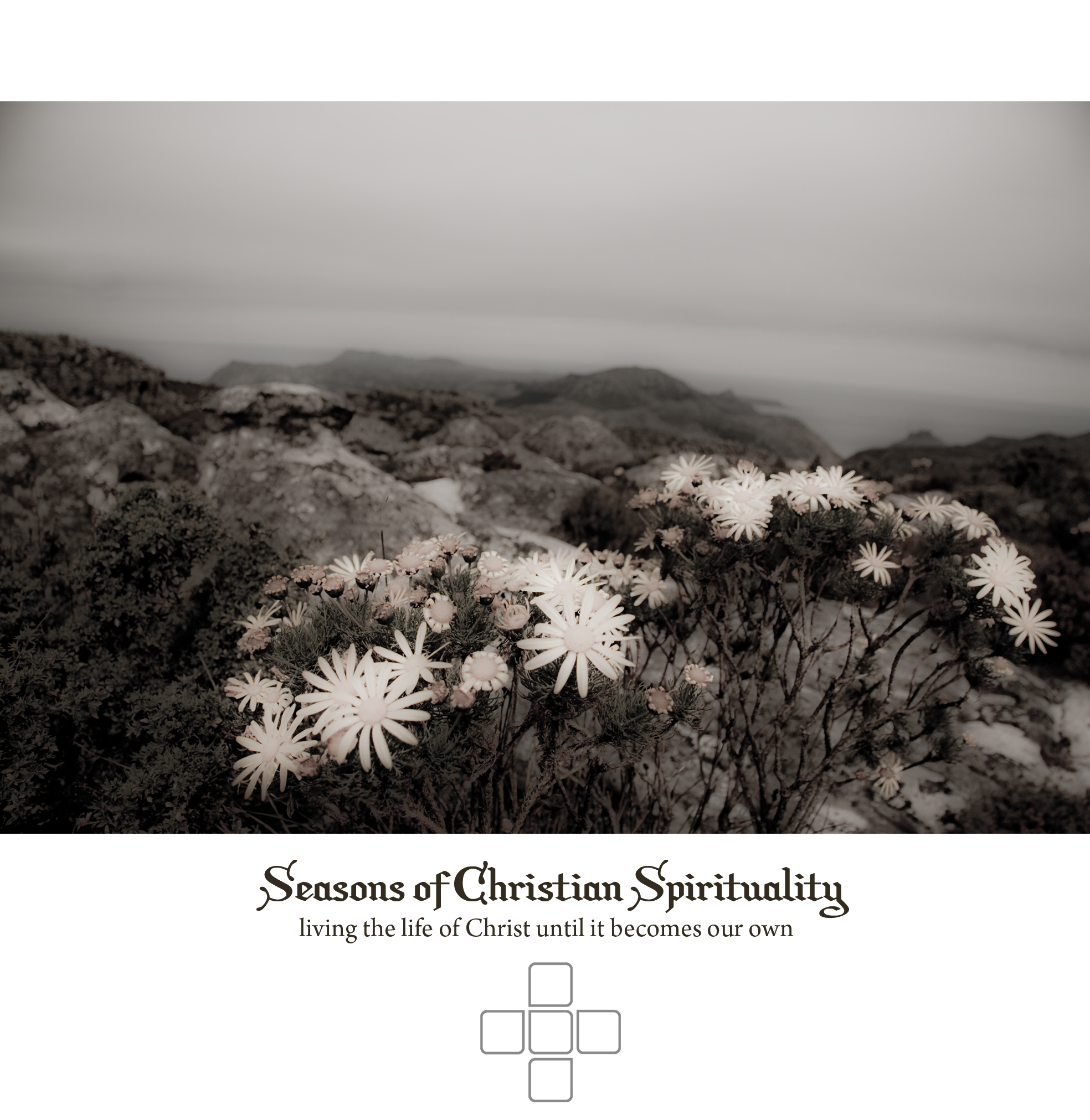Look, the Lamb of God, who takes away the sin of the world!
John 1.29
In him was life, and that life was the light of all mankind. The light shines in the darkness, and the darkness has not overcome it.
John 1.4-5
If Advent means “coming,” we might wonder: Who is coming?
The answer, obviously, is Christ. But we might further wonder: Who is Jesus Christ?
In the Christian Bible,
Jesus Christ was and is
God of the Cosmos,
Above Whom There is None Other,
Peerless Peer and
Everlasting Lord of All.
He was born under supernatural circumstances to a teenage girl during her engagement to an older, respectable man who likely only half-believed her explanation of the Holy Spirit impregnating her and planned to divorce her quietly once the baby was born.
Jesus (his name is Joshua in Aramaic) was born under a cloud of suspicion, but later came to be called Christ (which means “anointed one” and relates to an ancient belief by practicing Jews in a military hero known as the Messiah who would deliver them from their national and spiritual enemies).
Christ wasn’t his last name, but his title.
Great, we think, before asking: And why is he coming?
He is coming, simply, because something has gone horribly and persistently wrong with his creation. God created the world and placed us within it as a well-ordered and developing ecosystem, complete with interpersonal and interspecies interaction that would have sustained life abundantly and joyously. We were created to be something akin to planetary horticulturalists or zoologists, while simultaneously being given the directive to establish ourselves into society and govern the earth.
Long, long ago our spiritual parents, Adam and Eve, abdicated our responsibility to the world, and we have all suffered greatly since then.
War.
Ozone depletion.
Diminishing natural resources.
Species extinction.
Prejudice.
Genocide.
Terrorism.
Hate.
There is a great corruption in the world, for which – sadly, yet inescapably – we must all acknowledge our own culpability. None of us are guilt-free concerning the human condition or the condition of our planet. Our world is deeply wounded, and Christ came to fix it.
Geez. I read that back to myself and think: What a lot to absorb. But, of course, it begs one further and final question: How does he plan to fix all of this?
Christ wants to start by fixing us.
Jesus came to live in this world as one of us and show us how we were always meant to live. He demonstrates what it means to be human, while simultaneously giving us a reference for what it means to be godly. He was and is God, who lived as one of us, showing us how we might behave, love, interact, and aspire to live like God.
In an important sense, Jesus re-lived all of human history – resisted every kind of temptation, confronted every kind of evil, even figuratively re-enacted every one of humanity’s great failings up until that point without, himself, failing – and showed us what God has always intended for His people and for His world.
Jesus has done for humanity what I often find myself doing for my children: He dismantled our mess and put things back together again properly.
My son Jake loves Lego. He loves to buy Lego with his allowance, but has no real concept of the age-appropriate rating on the Lego box. Consequently, he often buys Lego for kids ages 10+ (he is only 7) and has a difficult time putting it together. It’s fairly common for me to enter his room, see him sitting on his mat disheartened and frustrated, and take a few moments to help him with his project. First, I take apart the stuff he’s already done and strip it down to the last time he got something perfectly right. Then I rebuild it, showing him step by step what to do and where to find the answers in the instruction manual when he hits a problem.
That’s what Christ has done for us, and that’s why he came.
Advent, then, means the coming of a Savior to heal the wounds of the world caused by sin. Advent gives us a new starting point, a new beginning, by bringing to us a new model – a new Adam, if you will.
Christ’s coming means we get a new beginning, that the world is beginning to heal, and that we – finally – can feel like our old selves again.
This post is an excerpt from Seasons of Christian Spirituality, which you can download here.
fossores
Related posts
Categories
Category Cloud
Tag Cloud
Recent Posts
- Victors and Victims November 6, 2018
- 3 Hacks for Happiness October 29, 2018
- Hope Against Death September 20, 2018
- The Shape Of The Cross September 19, 2018


